The idea of human exceptionalism, or anthropocentrism, holds that the world and everything in it exists only to serve the needs and wants of human beings—we are the masters of the Earth, free to take what we will and do as we please. The idea is so deeply embedded in modern life, especially in Western cultures, that simply imagining an alternative perspective—how the world might be experienced by a non-human consciousness, for example—can feel like a radical act of transgression.
Jeff VanderMeer’s fiction revels in such transgressions. In Annihilation and the other novels of the Southern Reach Trilogy, VanderMeer challenged his readers to test the limits of what they believe about the nature of reality and our place in the universe. In Borne, he created a world left in ruins by a lost civilization’s insatiable pursuit of resources, profit, and technological progress, where sentient biotech lifeforms, organisms engineered and built by “the Company,” compete with the last desperate remnants of humankind for survival. On the surface, these stories appear more different than they actually are; both the Southern Reach Trilogy and Borne are bound together by common threads that run through much of VanderMeer’s work. One thread is the author’s embrace of the uncanny as a way to create a more malleable, more fantastical conception of reality. The other is an insistence that we move beyond the myth of human exceptionalism.
These threads appear again in The Strange Bird, a spare and heartbreaking novella set in the world of Borne. Here, VanderMeer explicitly steps beyond the limited perspective that is the root of so many of the world’s afflictions: instead of grounding us in a human narrator, he lets us soar with the story’s titular character, the Strange Bird.
Readers familiar with Borne will correctly guess that the Strange Bird is more than a bird—she is a biotech creation, a hybrid of many animals, including homo sapiens, the product of a laboratory independent of the Company. The scientists in this lab seem to have noble intentions, based on what we learn of them from the Strange Bird’s recollections, but in the end their methods and ethics are not as different from the Company’s as the scientists would like to believe:
“In the lab, so many of the scientists had said ‘forgive me’ or ‘I am so sorry’ before doing something irrevocable to the animals in their cages. Because they felt they had the right. Because the situation was extreme and the world was dying. So they had gone on doing the same things that had destroyed the world, to save it. Even a Strange Bird … could understand the problem with that logic.”
When the lab is attacked and overrun, the Strange Bird escapes the underground facility and flies free into the ruined world above. But what does this freedom mean, beyond the freedom to stretch her wings? What will she do, now that she is free? Where will she go? These questions she has never considered, and yet their answers seem to be encoded in her. She flies east and south, seeking others of her kind, seeking safety, as if by instinct, “for there was a compass in her head, an insistent compass, pushing her forward.”
After sharing the Strange Bird’s joy at flying free, after learning that she is as formidable as she is beautiful, it is tempting to hope that her journey will be uneventful, that she will indeed find safety and companionship and kindness. That she will be spared the cruelty of a world where the things she seeks have become scarce.
There is no such reprieve, of course. The Strange Bird is soon waylaid on her journey, knocked from the sky by a terrible storm. One misfortune leads to another, each predicament more dire, until the Strange Bird is brought to the Magician, the ambitious and ruthless biotech engineer who figures prominently in Borne. At war with the Company, the Magician nonetheless embodies the same poisoned perspective that led the Company to lay waste to the world—the belief that human intelligence is the only form of intelligence that matters, that all other life is inferior, less worthy, less valuable.
The Strange Bird knows differently because she sees differently—the scientists in the lab gave her extraordinary senses. One, which she experiences as a “dark, glittering net,” enables her to perceive the psychic traces of other living things, the flickering beacons of other minds. The Strange Bird also has memories and dreams, as if she were human. Her dreams are of the scientist who created her, a woman named Sanji, who speaks to her about the compass in her head and encourages her to do everything she can to follow it, to be “smart and clever and brave.”
The Magician, like so many in our own world, has no interest in such a perspective. She thinks only in terms of utility, order, and control. Her intention is to remake the Strange Bird into something “more useful,” a prospect more terrible than death, for like the Company itself, the Magician’s ability to manipulate and repurpose living organisms into “made” things is so advanced it borders on the magical. If the Company can transform a human being into Mord, a giant flying bear, then there is no limit to the horrors the Magician can visit upon the Strange Bird.
The Strange Bird survives her transformation—somehow her awareness endures, diminished but not destroyed—and in her altered form she becomes part of the larger story of Borne. This makes the novella an invaluable companion to the novel. Through the Strange Bird’s fading perception, we witness details and developments only hinted at in Borne. These glimpses of the story behind the story deepen the novel in unexpected ways, and, I hope, hint at other Borne stories waiting to be told.
In her darkest hour, the Strange Bird is saved by Rachel and Wick, the protagonists of Borne. Each bestows upon her an act of mercy—Rachel first, by not discarding the Strange Bird after the Magician’s demise, and Wick second, when he restores as much of what the Magician took from her as he can. And Wick goes one step further—he frees the Strange Bird from the human-coded compulsion to follow the compass in her head. He tells Rachel:
“‘She can’t be fixed, not in the usual way. There are things gone forever and things I can’t replace and things I don’t understand. But I can stay true to what she was meant to be. I can strip away the conditioning. The coordinates will remain, but what I fashion out of this … this mess … will be able to choose for itself what it does, where it goes. This creature hasn’t had that for a long time.’”
Physically, the Strange Bird that emerges from Wick’s biotech pool is nothing like she was when she first escaped the underground laboratory, but she is still herself. And, as Wick promised, she is free. Not just free to fly, but free, for the first time, to choose where she will fly.
In the final chapters of the novella, the Strange Bird resumes her journey, taking wing beyond the narrative of Borne. Here the story circles back on itself to reconsider the questions posed in the beginning, in the first hours of the Strange Bird’s freedom—questions of hope and desire, questions of identity and selfhood. What the Strange Bird finds is not certainty but possibility—the possibility of a life beyond “the hopes or fears that had been placed upon her” by others. The reader, too, is offered a glimpse of what lies beyond the myth of human exceptionalism—not a slide into nihilism, where nothing is exceptional, but the joy that comes from the realization that everything is.
Jeff VanderMeer, The Strange Bird. New York: Farrar, Strauss and Giroux, 2017.

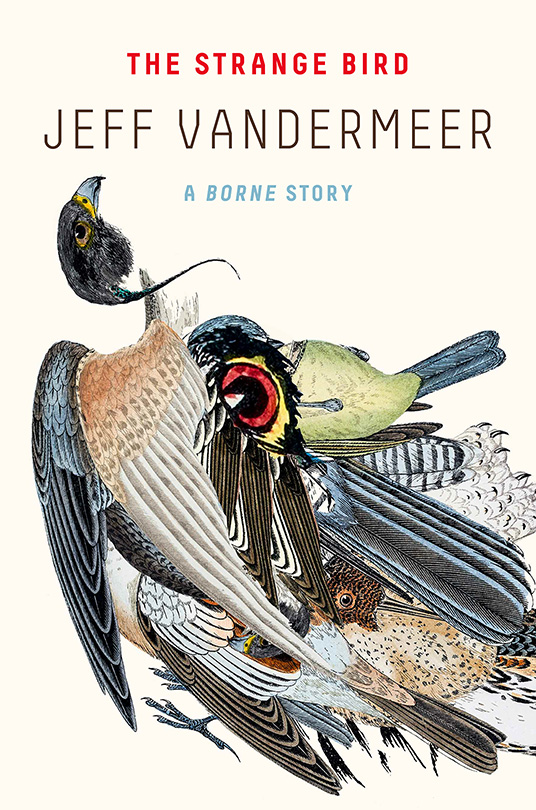



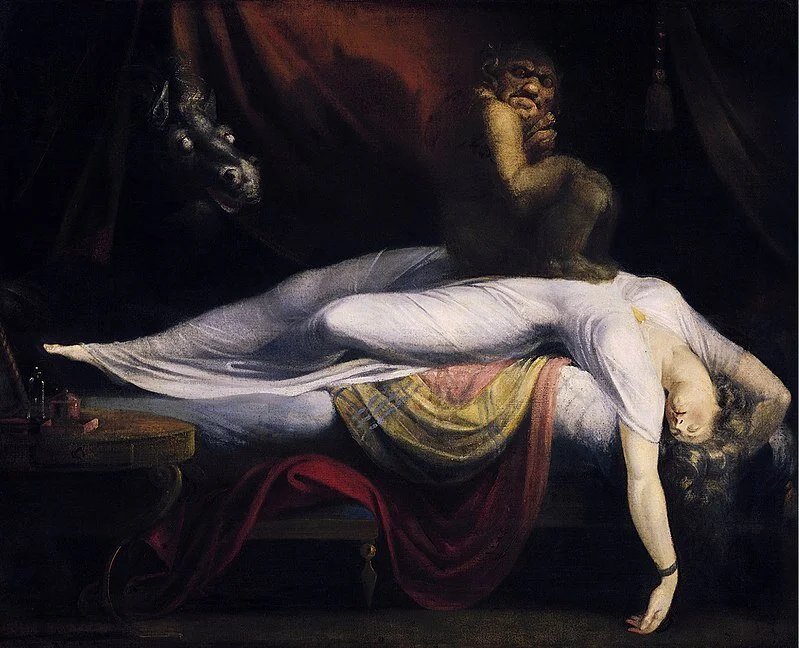



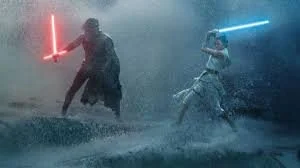

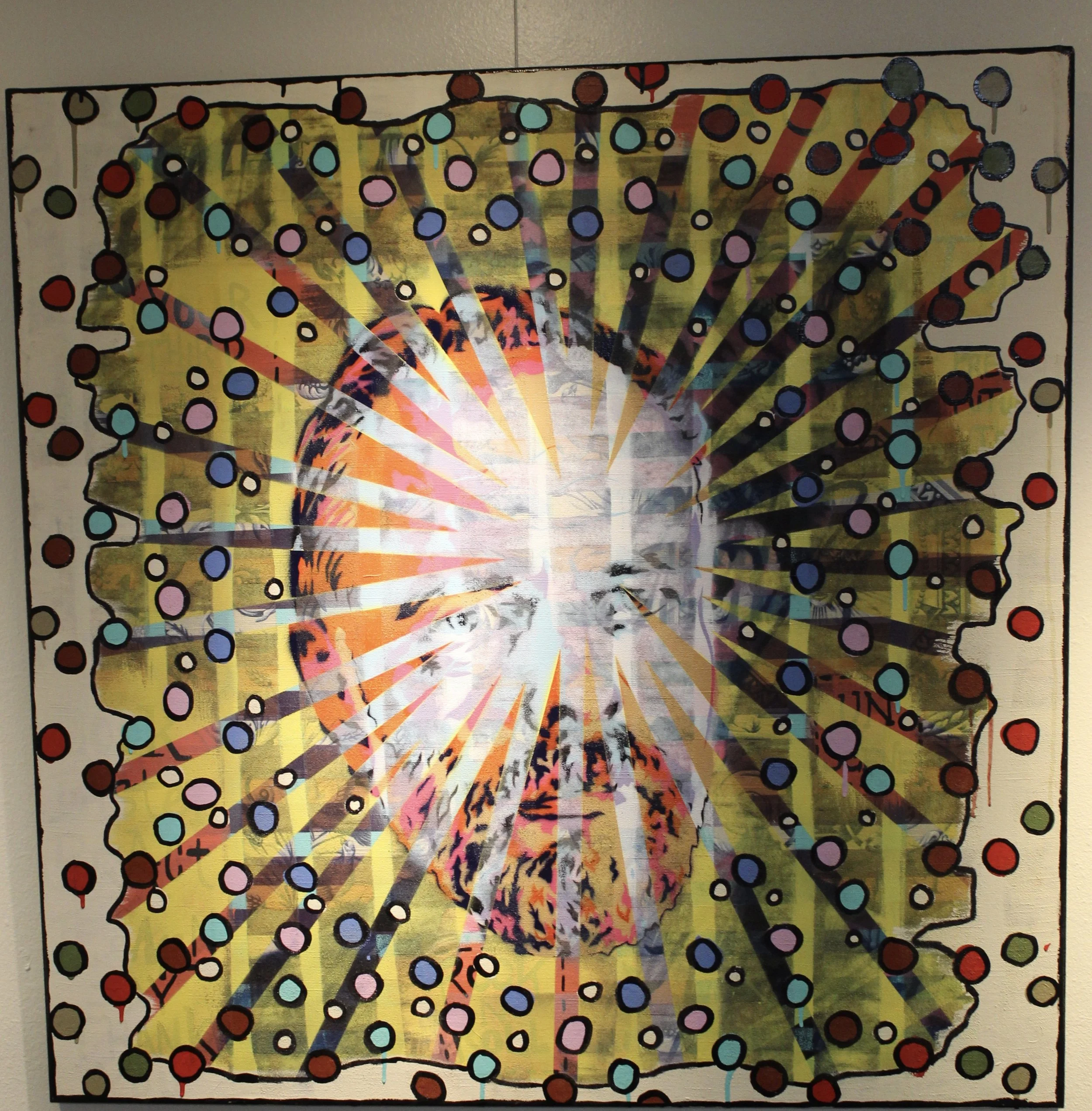
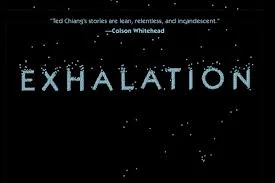







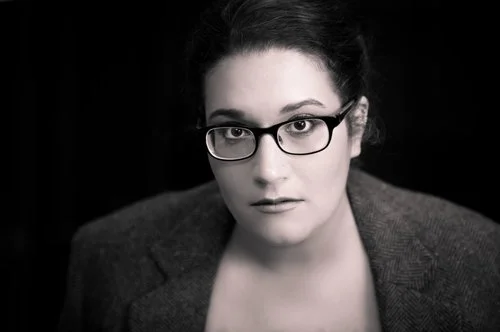



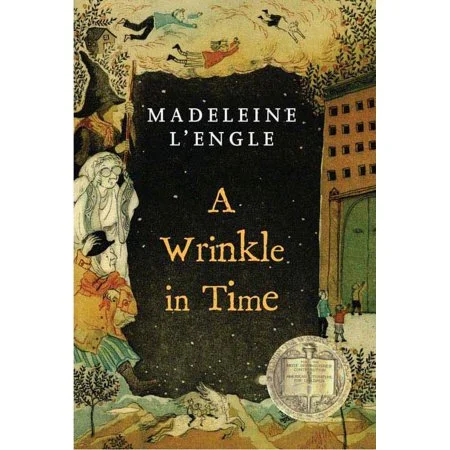


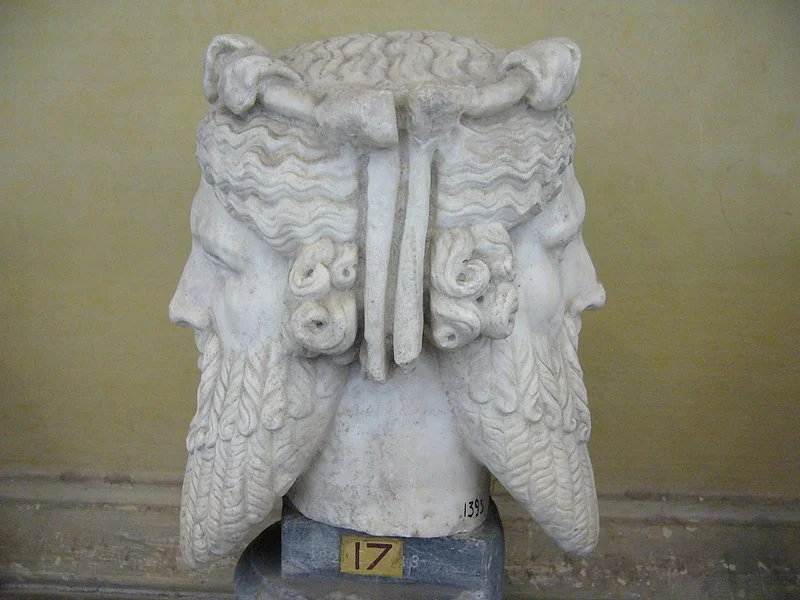



There is so much out there to read, and until you get your turn in a time loop, you don’t have time to read it all to find the highlights.